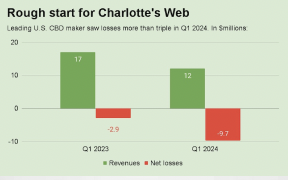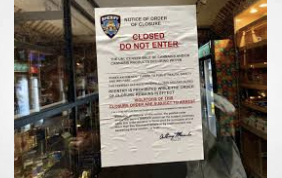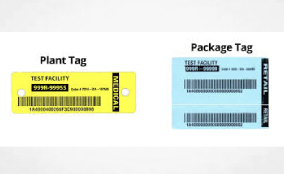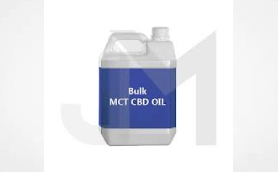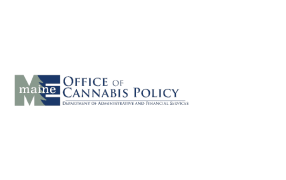Executive Summary
Testing cannabis and cannabis products for harmful contaminants is voluntary in Maine’s Medical Use of Cannabis Program (MMCP), not mandatory. Recent audit testing conducted by the Office of Cannabis Policy (OCP) on 120 samples from the medical cannabis program found that 50 samples, or 42%, contained at least one contaminant that would have failed testing according to the mandatory testing standards set for Maine’s Adult Use Cannabis Program (AUCP).
Some samples failed testing for more than one contaminant, and some failed testing for multiple contaminants within a given analyte category. Overall, testing showed 30 failures for yeast and mold, 26 failures for pesticides, four failures for heavy metals, and one failure for filth and foreign materials. Of the pesticides detected, myclobutanil was most prevalent with eight individual medical samples exceeding the AUCP pass/fail threshold of 200 ppb. Myclobutanil releases cyanide gas upon combustion and causes a range of mild to severe effects when inhaled. Alarmingly, one medical cannabis sample’s myclobutanil concentration was as high as 58,600 ppb, which is 293 times the pass/fail threshold established in the AUCP.
Over the years, public conversations in Maine about mandatory testing have been deeply contentious, have included disinformation about cannabis product testing and its accuracy, and have lacked reliable, rigorous, and sound data on contamination in Maine’s medical cannabis supply chain.
This report aims to bring data to the conversation, as well as fill information gaps around the impacts of cannabis contaminants and the requirements for certified cannabis testing facilities (CTFs) to operate and become licensed in Maine. This report also identifies several policy challenges in Maine’s medical cannabis program.
This includes the lack of an inventory tracking system for addressing contaminated products in the supply chain coupled with insufficient authority for OCP to seize and destroy contaminated cannabis, as well as strict confidentiality protections for program participants that prevent OCP from disclosing which businesses were found to have contaminated products. OCP describes how these policy challenges impact the state’s 106,000+ medical cannabis patients—especially the lack of mandatory testing—and highlights the need for a comprehensive solution for reforming and modernizing the Maine Medical Use of Cannabis Act to protect Maine’s patients.
OCP Fall 2023 Medical Testing Report



